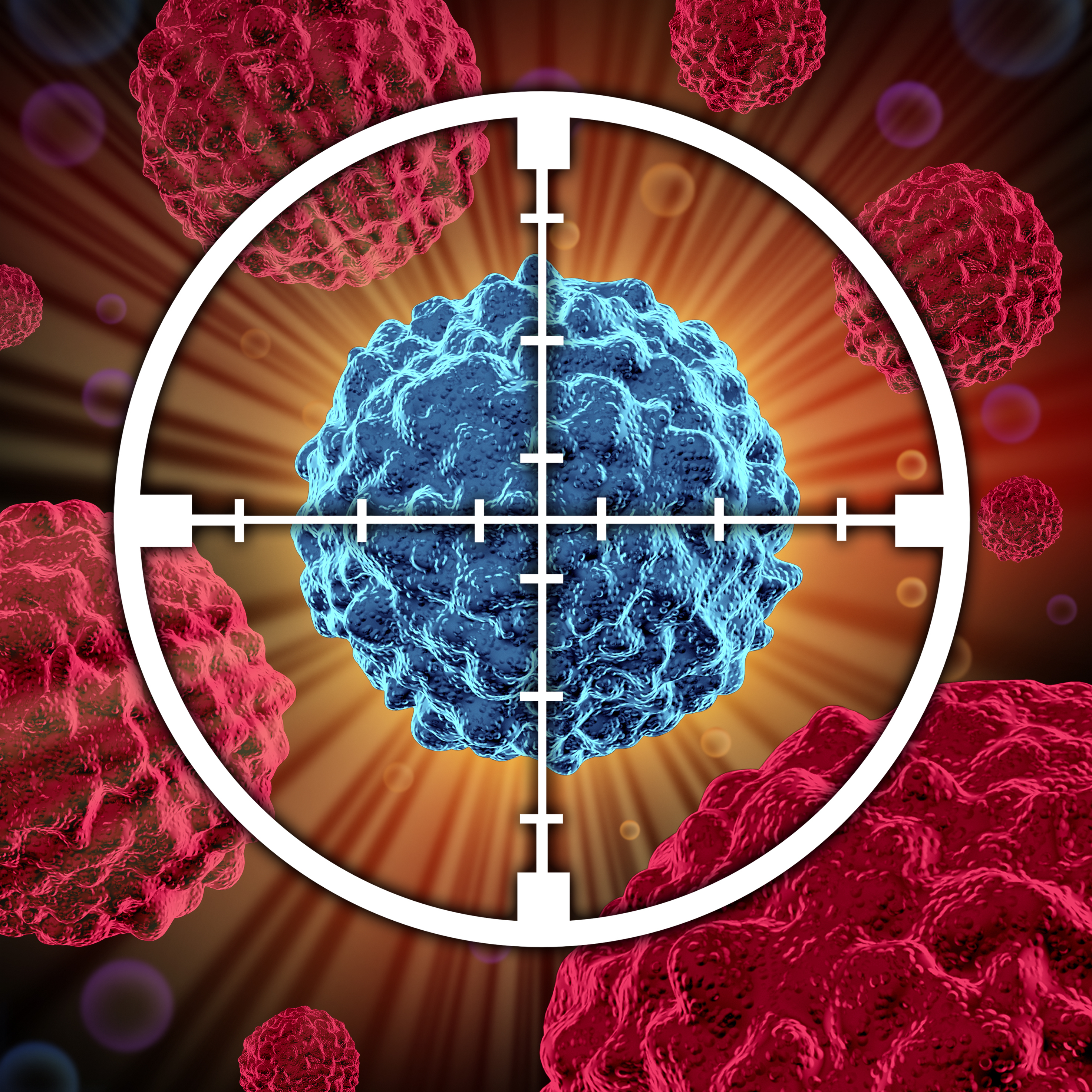
Cancer
 Cancer initiation and progression are driven by a series of genetic and epigenetic alterations that cause either activation of oncogenes or inactivation of tumor suppressor genes, both accompanied by broad alterations in genome utilization and gene expression programs. Cancer research has shifted from a pure genetic to a mixed genetic/epigenetic approach. The emergence of powerful technologies such as next-generation sequencing for genome-wide analysis of genetic, epigenetic or other mechanistic alterations has also impacted the field. These changes will have far-reaching implications for our capacity to understand the causes of cancer, to decipher the pathways and molecules involved and to devise new strategies for prevention and treatment. BGI is part of several cancer research projects and collaborations including the International Cancer Genome Project (ICHG), some of which can be reviewed by visiting our cancer research related publications page.
Cancer initiation and progression are driven by a series of genetic and epigenetic alterations that cause either activation of oncogenes or inactivation of tumor suppressor genes, both accompanied by broad alterations in genome utilization and gene expression programs. Cancer research has shifted from a pure genetic to a mixed genetic/epigenetic approach. The emergence of powerful technologies such as next-generation sequencing for genome-wide analysis of genetic, epigenetic or other mechanistic alterations has also impacted the field. These changes will have far-reaching implications for our capacity to understand the causes of cancer, to decipher the pathways and molecules involved and to devise new strategies for prevention and treatment. BGI is part of several cancer research projects and collaborations including the International Cancer Genome Project (ICHG), some of which can be reviewed by visiting our cancer research related publications page.
Building on the expertise that developed from our involvement in these research projects, BGI is able to offer the Cancer Research community our innovative “One Stop, Total Solutions” service package, which includes
- Comprehensive solutions to investigate the cancer genome, transcriptome and epigenome (e.g., whole genome sequencing, whole exome sequencing, and RNA-Seq)
- Unique solutions that exploit our distinctive ability to perform single-cell sequencing, virus integration sequencing, and bioinformatics analysis on patient-derived xenografts
| Scientific Research Endeavor | Solution | Technology |
| Detect common gene mutations and variants for tumors or metastasis cells at the genome level | Whole genome research of tumors or metastasized cells | -Whole genome sequencing (30X Coverage) |
| Detect driver genes, germ line, or somatic mutations | Exome analysis to detect oncogenes and disease-related mutations | -Exome sequencing |
| Identify cancer-specific small RNAs as biomarkers | Discovery of small RNA biomarkers in cancer | -Small RNA sequencing-Transcriptome sequencing |
| Study gene differential expressions, novel transcripts, alternative splicing, gene fusion, RNA editing, etc. | Transcriptome research for cancer | -Transcriptome sequencing |
| Determine cancer subtypes and staging Discover biomarkers in response to treatments | Biomarker discovery based on cell line sequencing | -Transcriptome sequencing -Small RNA sequencing -Whole genome bisulfite sequencing -Quantitative proteomics |
| Study the pathogenesis of the hereditary cancers and epigenetics effects
Discover oncogenes from germ line and somatic mutations, as well as methylation modifications |
Hereditary study of cancer | -Whole genome sequencing -MeDIP (or RRBS) -Exome sequencing |
Moreover, to specifically address your pain points in cancer research, we developed and now provide a series of unique and innovative solutions. With our rich experience in cancer sequencing and bioinformatics expertise, we look forward to working with you to answer your most pressing research questions.
|
Research Goal |
BGI’s Solution |
|
Investigate the mechanisms of tumor heterogeneity and molecular evolution |
|
|
Analyze the genomes of distinct clonal populations of cancer cells for better understanding of cancer biology and drug selection |
|
|
Investigate the genome (e.g., somatic single nucleotide variations) and the transcriptome of patient-derived xenografts |
|
|
Analyze tumorigenesis caused by viral infection |
|
|
Investigate gene variations, gene expression profiling changes, and protein biomarkers with FFPE tissues |
To learn more, please download the technical brochure Latest NGS Strategies for Cancer Research @ BGI.


